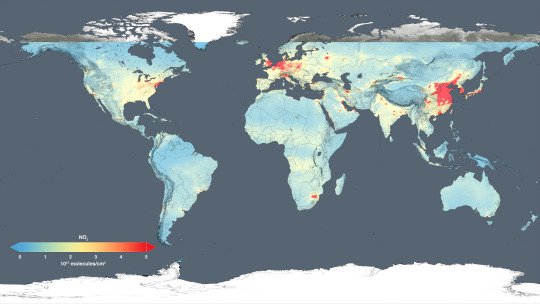Question Your World: How Does Traffic Impact Your Brain?
We’ve all heard about clogged highways, cases of road rage, and large amounts of CO2 emissions, but scientists just did a study on yet another aspect of traffic. It turns out that the environmental and psychological stresses are not the only effects that cars are having on us. Recently scientists asked the big question, how does traffic impact your brain?
There are over 250 million cars in the United States and about a billion total on Earth. They range from brand new eco-friendly models to outdated clunkers that spit out tons of noise and fumes. In a recent study, scientists looked at urban areas where traffic congestion is a frequent problem. This study involved seeing what those fumes are doing to our most valuable possession, our brain.
Researchers studied the brains of individuals who lived in Mexico City and in Manchester, UK. Both are urban areas with heavy traffic. Using an electron microscope, scientists were able to get a much closer look at the front portion of these brains. Upon taking this closer look, very smooth and rounded iron magnetite particles were observed in the brains. Iron particles do absolutely occur naturally in the body, but the difference here is in shape and form. The naturally occurring ones tend to have a chaotic appearance or an irregular shape. After using the microscope, these scientists observed smooth rounded circular magnetite particles, which occur when burning iron at extremely high temperatures like when fuel is burned. Surprisingly these brains not only had iron particles, but some even had platinum, an element that is foreign to the human body, believed to be from parts of a car engine.

Needless to say, our brain is very important and need not be put in harm’s way. Lucky for us, there are a lot of people all around the world working on curbing air pollution. There are many ways for the average concerned citizen to get involved as well. Encouraging more bike zones, buying cleaner cars, using more mass transit, and retrofitting older vehicles to be up to modern standards are just a few ways to take action. Take a look for options online and see if you can help in cleaning up our planet’s air.
Air pollution can be controlled, and cleaning up the air has shown to have benefits in previous studies. The quality of the air is also linked to birth weights, mental health, physical well being, and beyond. As research and technology move forward on these topics, we’ll start to see a greater series of actions to further protect public health and safety. However, we all still have the ability to make a difference. Check out some information on Virginia’s clean air policies and see where you can upgrade or pitch in. Collective action could very well make a huge difference and prevent hazardous materials from ending up in our brains. After all, shouldn’t bad driving really be the only thing that actually goes to our head?